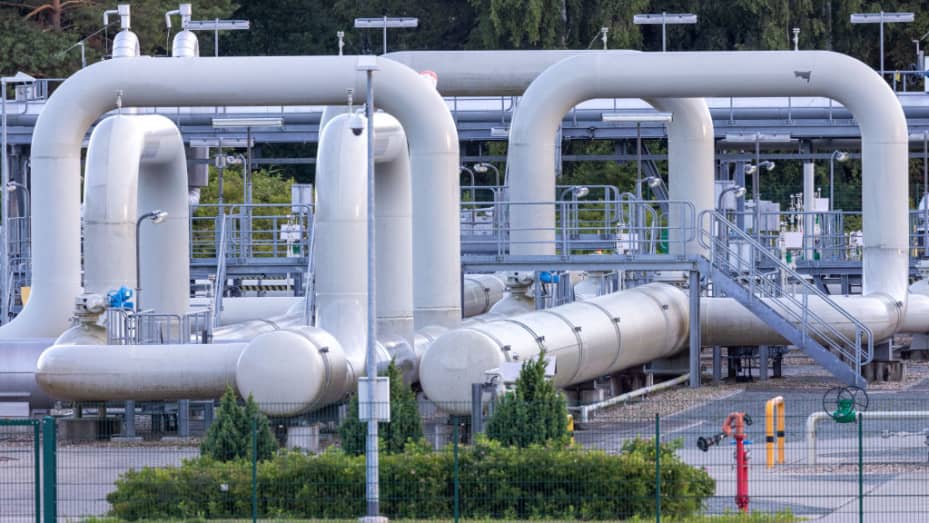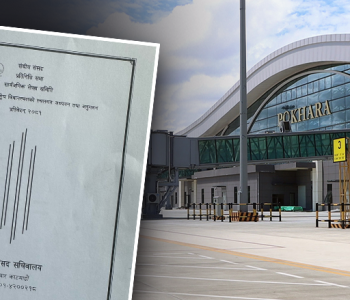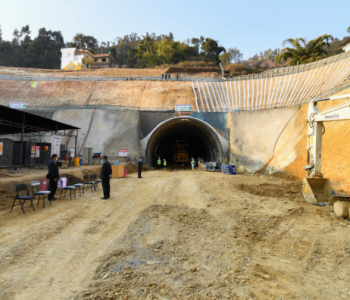Russia Says It’s Stopping Critical Gas Supply To Europe Until West Lifts Sanctions

KATHMANDU: Gas supplies to Europe through the critical Nord Stream 1 pipeline will remain suspended until the West lifts its sanctions against Russia and Russian companies, the Kremlin said Monday, heightening a stand-off between Russia and the continent as energy prices soar in the region.
Speaking to reporters on Monday, Kremlin spokesperson Dmitry Peskov blamed sanctions as the reason behind maintenance issues that have triggered the pipeline’s closure in recent weeks, state-run news agency Interfax reported—Nord Stream 1 is the main gas pipeline connecting Russia and western Europe..
When asked if the gas supplies would resume if the West lifted its sanctions, Peskov said “of course,” claiming that those curbs have “brought the situation to what we see now.”
Peskov said the current shutdown was forced by the malfunctioning of the last operational unit of the Nord Stream 1 pipeline, as all the others had stopped working earlier due to maintenance problems.
The delivery of gas through the key pipeline is not expected to resume in the “foreseeable future,” Russian business newspaper Kommersant reported, citing unnamed sources.
Prior to its invasion of Ukraine, Russian gas accounted for more than 40% of all gas imports into Europe.
81.55%. That is the current level at which the European Union’s gas storage capacity is filled, slightly above the bloc’s target of having 80% gas reserves available by November 1. It is unclear how Nord Stream 1’s indefinite shutdown will impact these reserves and if the EU will have to tap into them immediately and risk pushing levels below 80% ahead of November 1.
Concerns about energy supply have weighed heavily on the Euro, which dropped below $0.99 for the first time in 20 years on Monday. European gas prices climbed to a high of €282 ($280) per megawatt hour on Monday and analysts warn they may hit record highs later this week.
On Friday, Russian state-run energy company Gazprom announced gas supply via Nord Stream 1 will not resume on Saturday as scheduled and the pipeline will remain closed indefinitely. The company blamed the closure on an oil leak it had discovered on the pipeline which could not be fixed without the import of sanctioned German technology.
Siemens Energy, which maintains the pipeline’s turbines, dismissed this reasoning provided by Gazprom, stating “such leaks do not normally affect the operation of a turbine and can be sealed on site.” The suspension of supplies has raised serious concerns in the EU, which relies on Russian gas for both industrial operation and power generation.
If the supply crunch persists, several major European countries may be forced to enact gas rationing that could severely disrupt industrial output. To prevent a cascading effect on household energy prices, many European countries have announced measures like price caps, subsidies and tax cuts.













Facebook Comment